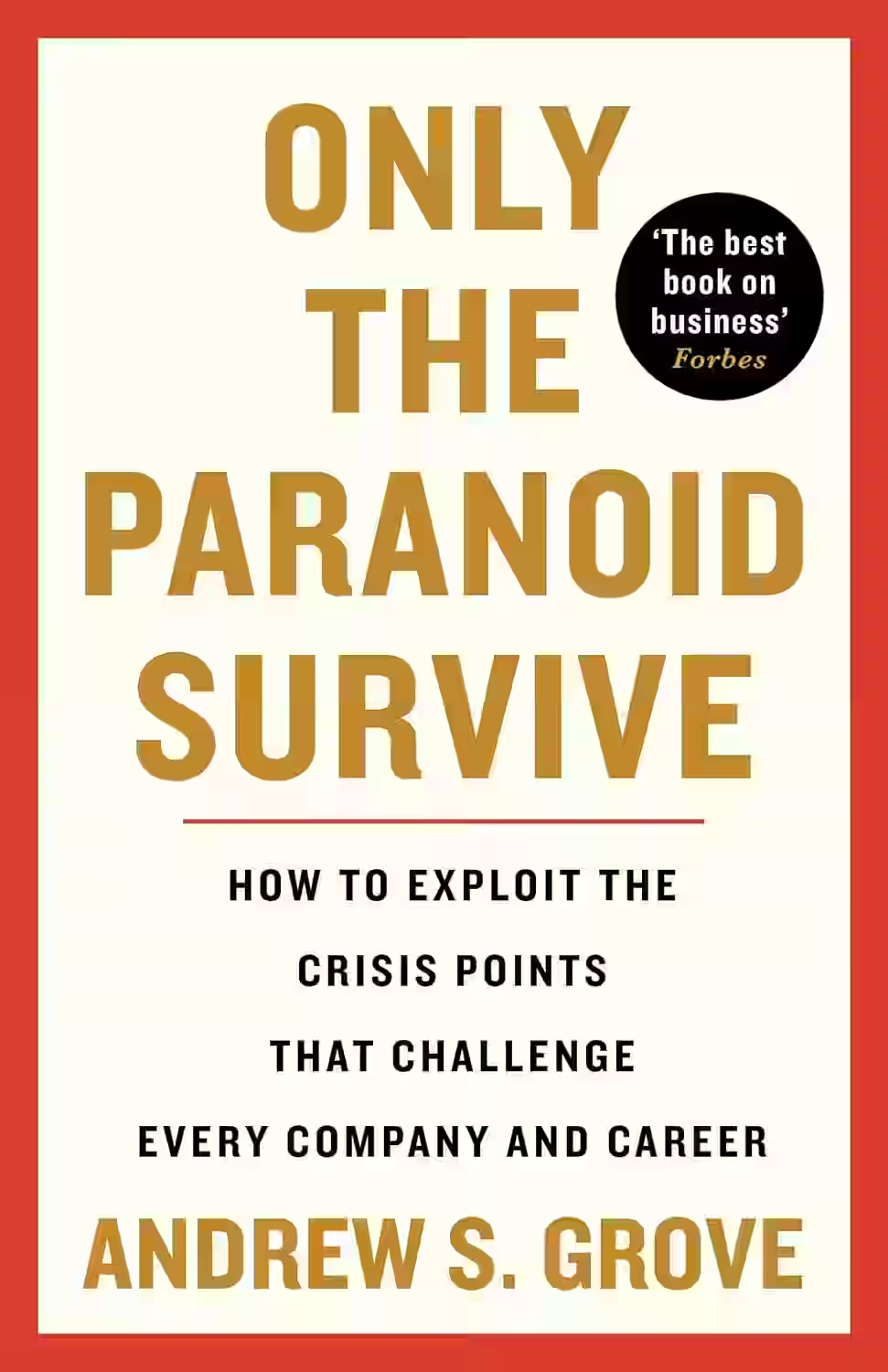
In this business classic, Intel co-founder Andy Grove shares insights into managing “strategic inflection points”—critical moments that can make or break a company. Drawing from his experience leading Intel through seismic shifts in the tech industry, Grove emphasizes the importance of adaptability, vigilance, and courage. His core idea: constant change demands a mindset of healthy paranoia. Companies and leaders must be ready to pivot when conditions shift. Part memoir, part management manual, the book offers practical strategies for staying competitive, fostering innovation, and leading through uncertainty. It remains a must-read for entrepreneurs, executives, and strategic thinkers.
About Andrew S. Grove
Andrew S. Grove was a Hungarian-American engineer, businessman, and author who co-founded Intel Corporation and served as its CEO and Chairman. Widely credited with driving Intel’s transformation into the world’s leading microprocessor company, Grove was also a thought leader in management and innovation. His book Only the Paranoid Survive introduced the concept of "strategic inflection points" and emphasized the need for adaptability in the face of disruption. A refugee and cancer survivor, Grove's leadership was marked by discipline, analytical rigor, and resilience. He left a profound legacy in both the tech industry and business leadership.
Other Books by Andrew S. Grove
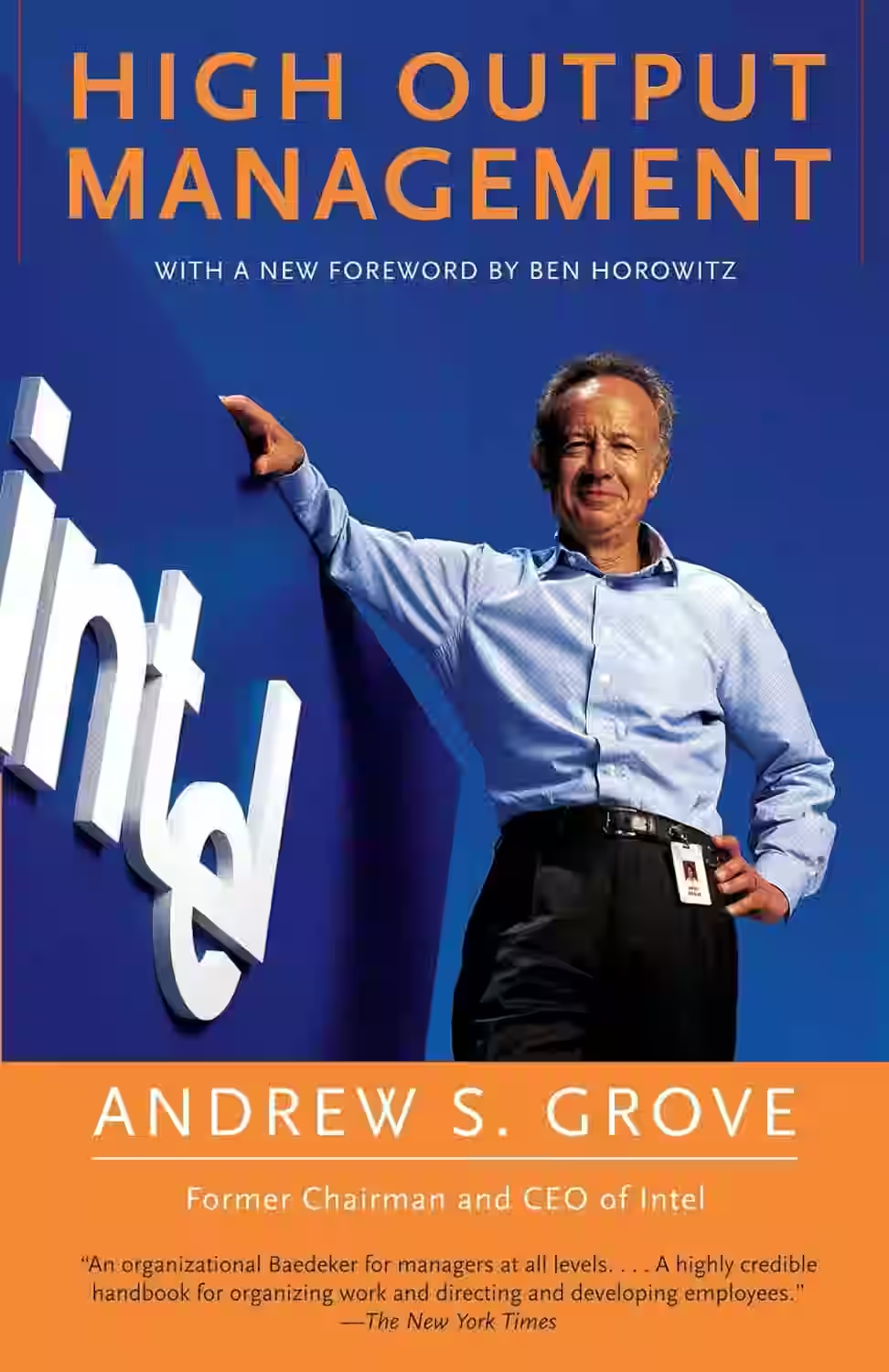
High Output Management
In 'High Output Management' by Andrew S. Grove, the former CEO of Intel shares his insights on effective management techniques. Grove delves into topics like team dynamics, decision-making processes, and how to boost productivity within an organization. He emphasizes the importance of setting clear goals, providing feedback, and fostering a culture of continuous improvement. Through real-world examples and practical advice, Grove offers valuable strategies for both new and experienced managers looking to enhance their leadership skills. This book serves as a timeless guide for understanding the intricacies of management and maximizing team performance.
Similar Books
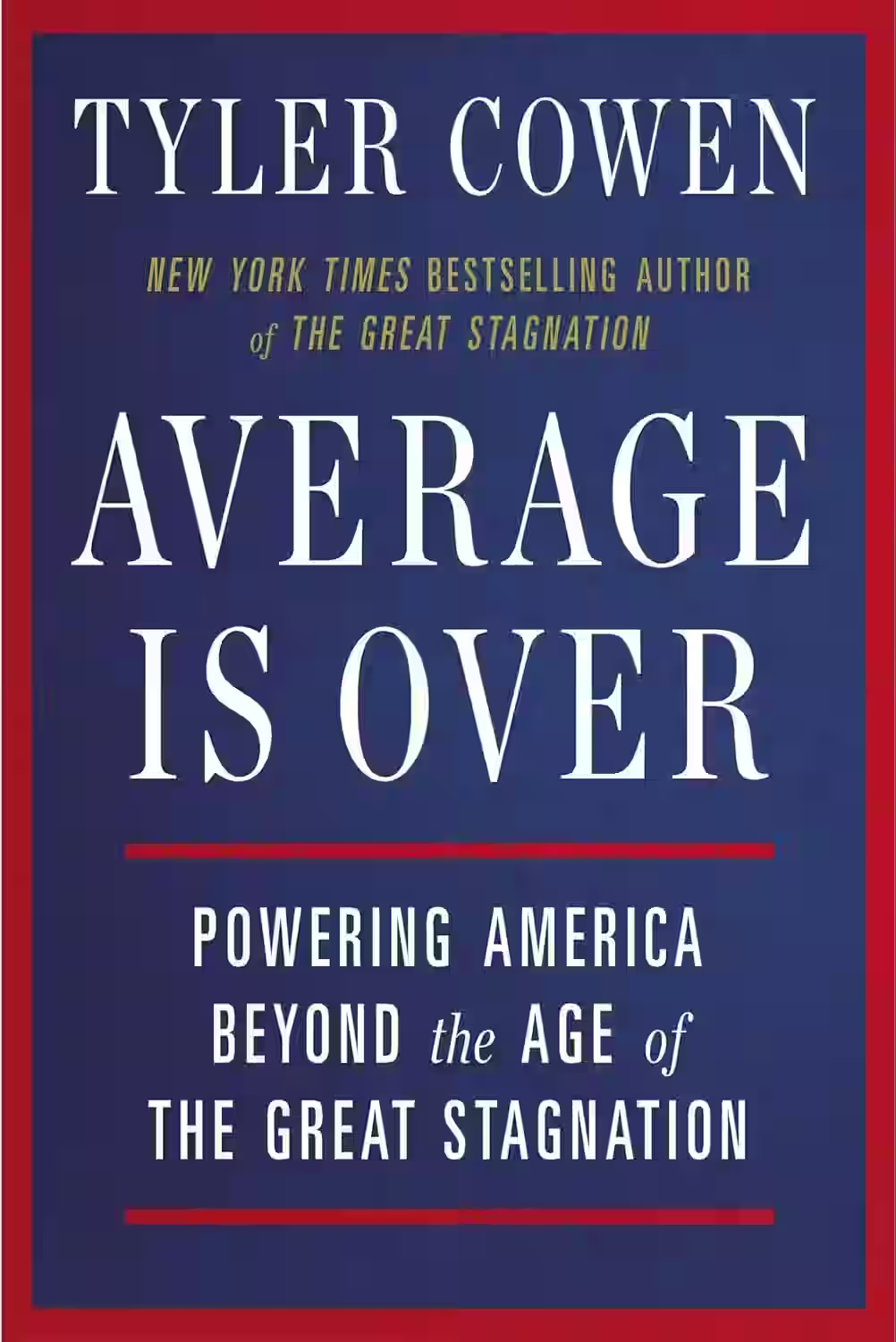
Average Is Over
by Tyler Cowen
In Average Is Over, economist Tyler Cowen explores the future of work and society in an age of technological disruption and widening inequality. He argues that automation and artificial intelligence will create a divide between those who can work with technology and those who cannot. The book predicts a future of high performance rewarded greatly, while the "average" worker may struggle. Cowen’s provocative analysis addresses education, economics, and social mobility, offering both warnings and strategies for adapting to a changing landscape. It’s an essential read for understanding the forces reshaping labor, wealth, and opportunity in the 21st century.
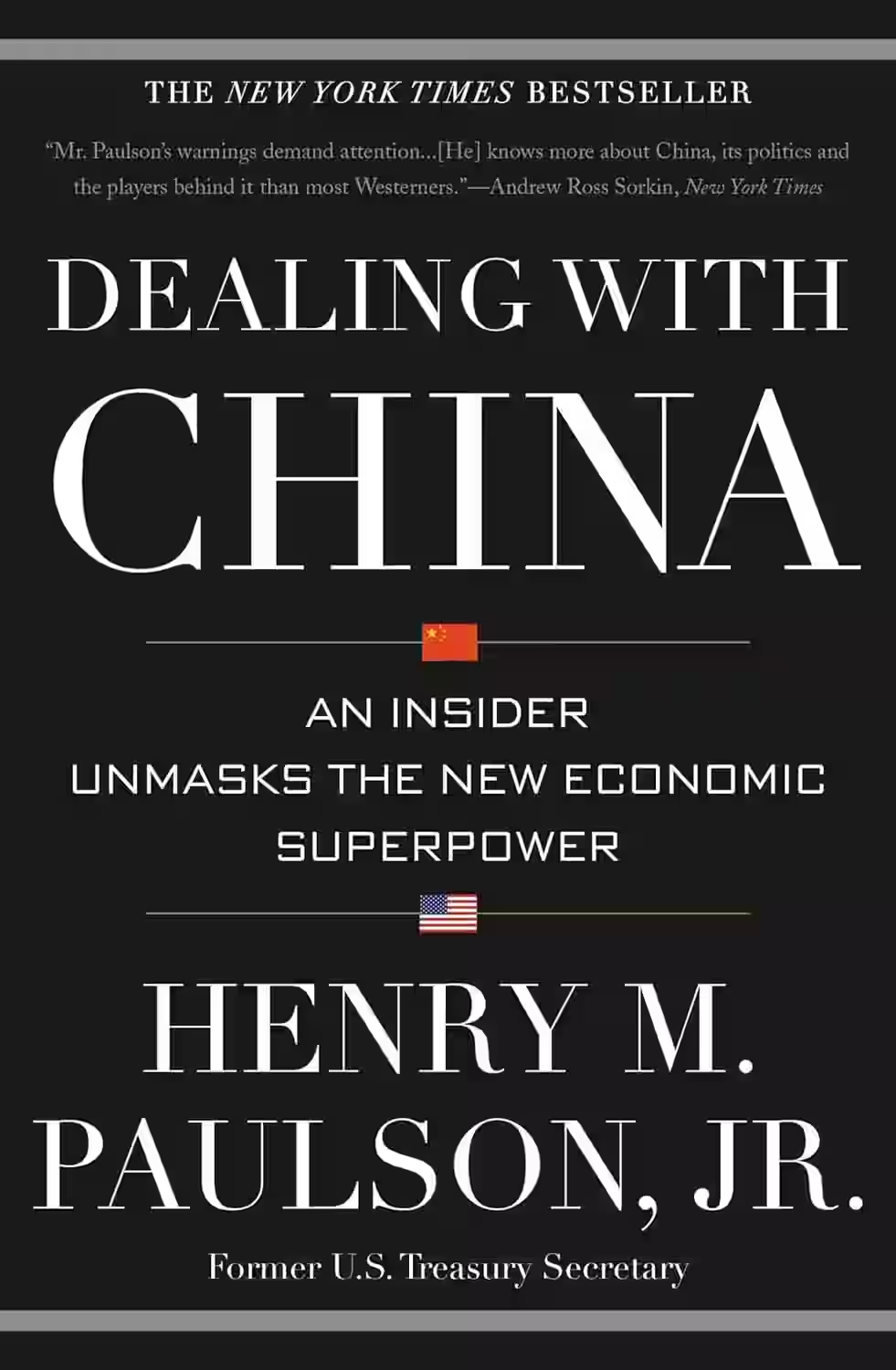
Dealing with China
Former U.S. Treasury Secretary Henry Paulson offers an insider’s perspective on China’s economic transformation and its complex relationship with the United States. Drawing on his years of engagement with Chinese leaders as a top executive at Goldman Sachs and a U.S. policymaker, Paulson charts China’s rise, challenges, and ambitions. He candidly addresses issues like financial reform, environmental policy, and the shifting global power balance. Dealing with China is both a memoir and a strategic guide, offering practical insights for navigating U.S.–China relations in an increasingly interconnected world. It’s essential reading for policymakers, investors, and global thinkers.
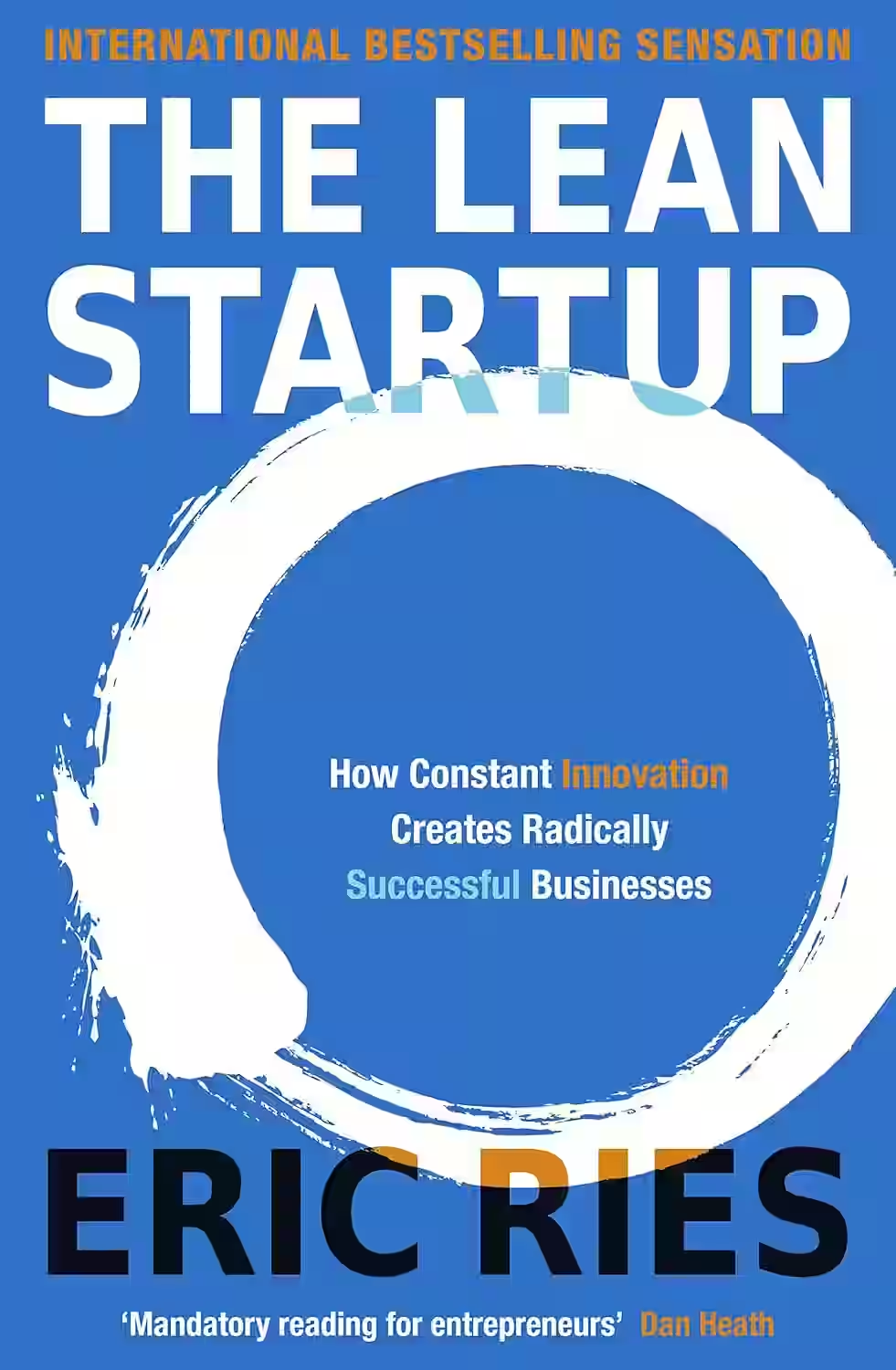
The Lean Startup
by Eric Ries
The Lean Startup presents a framework for building startups through continuous innovation, rapid experimentation, and customer feedback. Eric Ries introduces concepts like the Build-Measure-Learn loop, minimum viable product (MVP), and validated learning to help entrepreneurs reduce waste and improve decision-making. Rather than perfecting a product before launch, Ries advocates iterative development and pivoting based on real-world data. This approach enables startups to adapt quickly and succeed in uncertain markets. With practical tools and real examples, The Lean Startup has become a foundational guide for modern entrepreneurship, influencing startups, tech companies, and corporate innovation programs around the world.
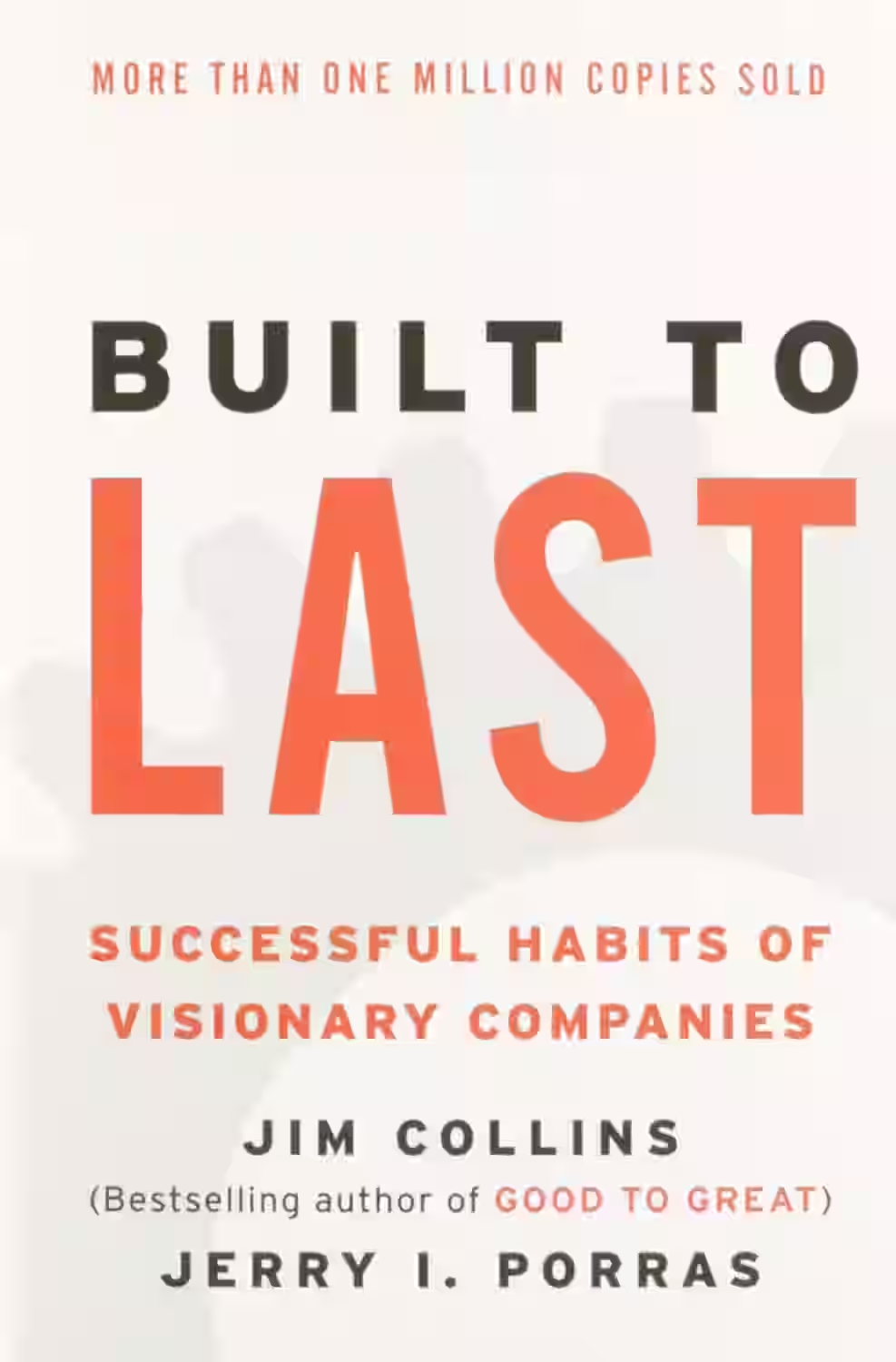
Built to Last
Built to Last explores what makes companies endure over decades, based on a six-year research project studying 18 visionary firms. Collins and Porras identify key traits shared by long-lasting companies, such as core values, bold missions, and a relentless drive for progress. The book challenges the idea that great leadership or market timing is the key to success, instead emphasizing organizational culture and consistency. Concepts like “clock building” versus “time telling” illustrate how lasting companies focus on systems, not individuals. With timeless lessons and real-world examples, Built to Last is a blueprint for sustainable, principle-driven business success.